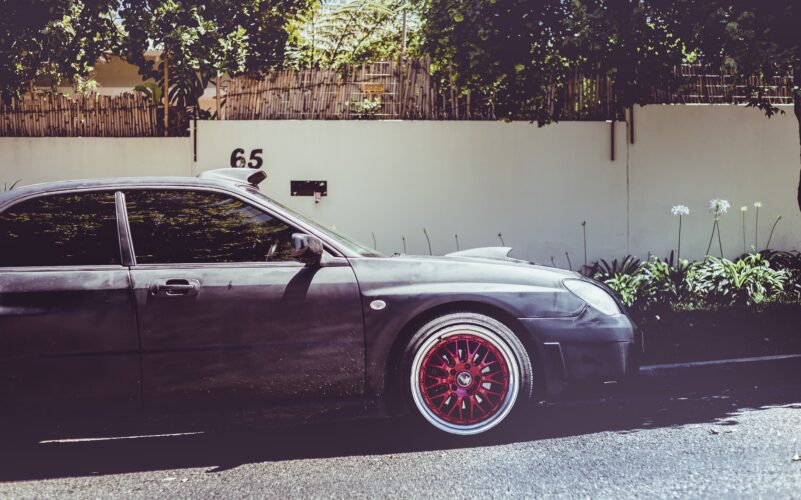How Dark Can My Tint Be In Atlanta?

A car window’s tint can play a big role in aesthetics, style, and privacy. However, it can also play a role in car accidents and other legal issues. Window tint darkness is governed differently in each state. Car accident attorneys can offer some guidance.
When it comes to Atlanta, Georgia, window tint darkness is measured by the Visible Light Transmission (VLT) percentage. This refers to the amount of light that is allowed to pass through the window.
In most cases, a vehicle’s front side windows must allow at least 32% of light to pass through. When it comes to the rear side windows or rear windows, they can have any level of darkness. Here is everything you need to know about car window tint levels allowed in Atlanta and how it can affect car accident claims:
Car Window Tint Regulations
The regulations mentioned above apply only to non-reflective tint. In Georgia, it is unlawful to have reflective or mirrored window tint, regardless of what window it is applied to.
Reflective car window tilt is illegal since it can blind other drivers, potentially leading to car accidents. Interestingly, mirrored tinted windows aren’t illegal in all states.
The reason why mirrored window tints are banned in many places is because they can also act as a distracting factor for fellow drivers. Mirrored window tints can reflect between 20% to 80% of the light that hits it, potentially causing glare.
Window Tint Darkness and Accident Claims
When determining fault in car accident claims, insurance companies and legal authorities will consider all relevant factors, potentially including the effects of the window tilt. Having tinted car windows within the legal limits will act favorably in your car accident claim.
However, in some instances, it can be considered a contributing factor to collisions. In cases where a car’s window tint is exceptionally dark, it may be argued that a driver’s visibility was affected. Therefore, it may be ruled that the tint played an active role in causing or contributing to the accident.
This can influence the outcome of an accident claim, especially since Georgia follows a modified comparative fault system. In this system, all parties in an accident claim can share a percentage of fault for the event.
If that percentage is 50% or higher, a claimant’s right to compensation can be denied. If the percentage of fault is lower than 50%, the total amount of compensation a victim will receive will be reduced based on their degree of fault.
Styling your car — whether it’s through tinting your windows or modifying your suspension — can be a great way to boost its aesthetics and maneuverability. However, you have to do so within the limits of the laws and according to the regulations in place. If you are involved in a car accident in Atlanta, GA, consult with a car accident attorney to ensure that your customized vehicle won’t be used against you in your claims process.




